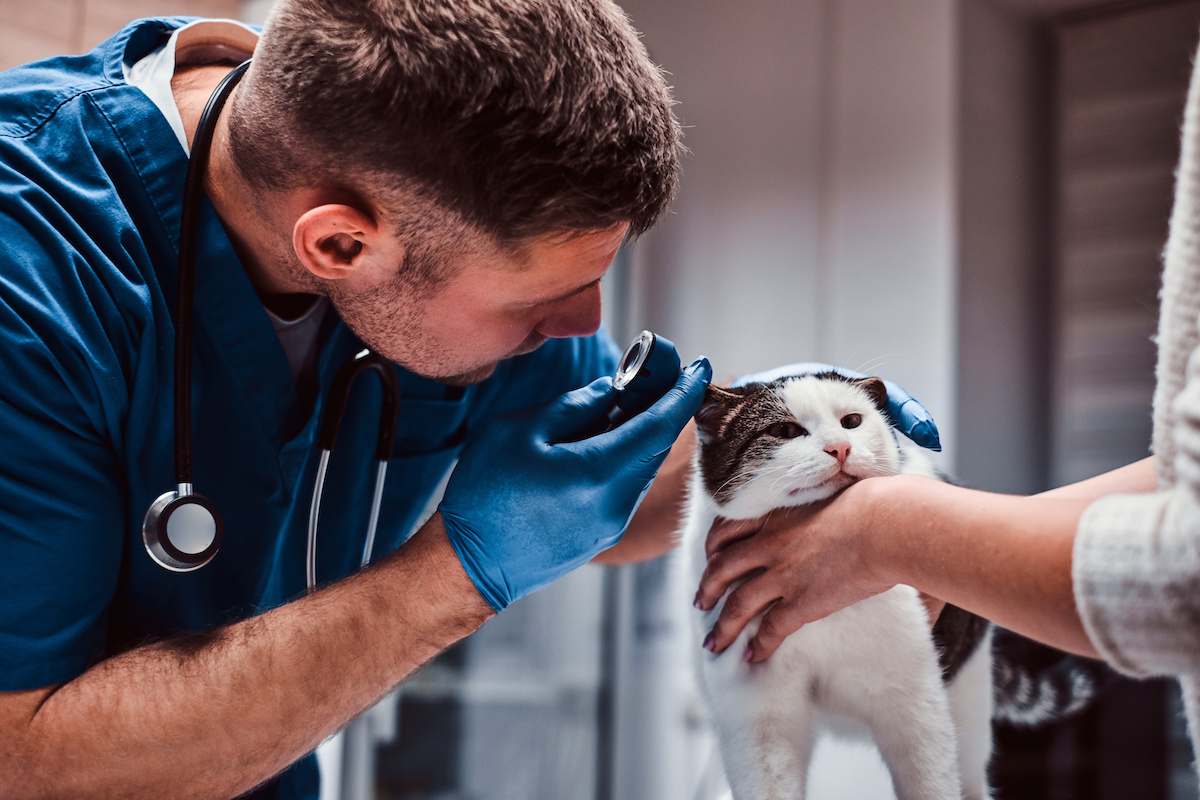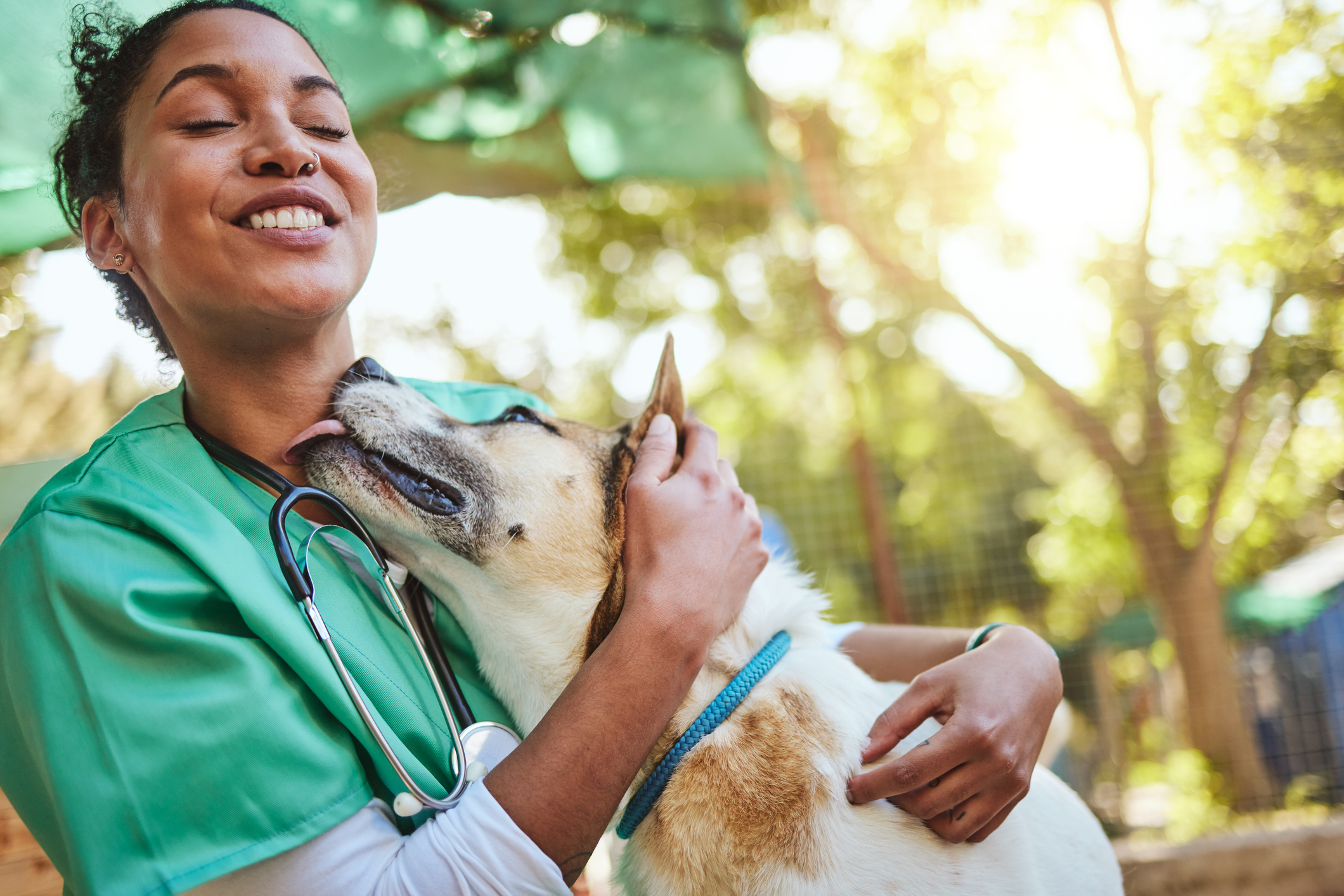Why a Normal Pet Health Checkup is Essential for Preventative Pet Care
Why a Normal Pet Health Checkup is Essential for Preventative Pet Care
Blog Article
Vaccination Guidelines From Your Relied On Veterinarian
Inoculation standards offered by your relied on vet play a vital duty in securing your pet dog's health and well-being. Core vaccinations are essential for all animals, while non-core vaccines can be customized to details way of lives and environmental direct exposures. Comprehending the subtleties of inoculation routines, which start as very early as six to 8 weeks, is necessary for optimum defense. Furthermore, resolving typical false impressions bordering vaccinations can further enhance pet dog proprietors' self-confidence in these precautionary actions. As we discover these vital elements, it comes to be significantly clear why routine appointments with your veterinarian are essential for informed decision-making.

Value of Inoculations
Inoculations play an essential role in protecting animals versus a variety of preventable diseases. By promoting the immune system to identify and battle specific microorganisms, injections dramatically minimize the occurrence of contagious illness that can affect a pet dog's wellness and long life. Not just do inoculations secure individual pets, yet they likewise add to herd immunity, consequently decreasing the overall occurrence of illness in the animal populace.
Prompt inoculations help to mitigate the spread of conditions such as rabies, parvovirus, and distemper, which can have severe consequences for both pets and human beings. Inoculations are commonly a need for boarding centers, brushing solutions, and pet parks, making them crucial for those that wish to mingle their pet dogs.

Core Vaccines for Pet Dogs
While the specific vaccination needs of pets can vary based upon private aspects, core vaccinations are universally advised to secure against one of the most common and significant diseases (Vet Enterprise). Core vaccines are those regarded crucial for all pets, no matter of their way of life or geographic area, as they secure against potentially deadly and extremely contagious ailments
For dogs, the core injections consist of those for canine distemper, parvovirus, adenovirus (liver disease), and rabies. Adenovirus can result in liver illness, while rabies is a zoonotic condition that poses a risk to both family pets and humans.
In pet cats, core vaccines include feline panleukopenia, feline calicivirus, feline herpesvirus (rhinotracheitis), and rabies. Feline panleukopenia is a very transmittable viral illness that affects the immune system and intestines. Calicivirus and herpesvirus are major factors to top breathing infections in cats, while rabies continues to be a vital problem for public wellness.
Seek advice from with your veterinarian to ensure your animals get their core inoculations on time.
Non-Core Vaccines Explained
Non-core vaccinations are customized to address particular dangers connected with a pet's lifestyle, environment, and exposure to specific illness. Unlike core injections, which are widely recommended for all animals, non-core injections are thought about based on specific conditions. These vaccinations are especially essential for animals that may experience unique microorganisms because of their geographical place, travel behaviors, or activities.
Examples of non-core vaccines consist of those for Bordetella bronchiseptica, which is linked to kennel coughing, and Lyme illness, brought on by ticks. Pet dogs that often communicate with other pets, such as those in boarding facilities, pet parks, or grooming atmospheres, may take advantage of Bordetella inoculation. If you live in an area where Lyme illness is prevalent, immunizing versus this disease can be a sensible option for outdoor-loving dogs.
Other non-core vaccinations may include those for leptospirosis, canine influenza, and feline leukemia, relying on the particular threat aspects existing. It is vital to have a detailed discussion with your veterinarian about your pet dog's lifestyle and the possible demand for these vaccines, making sure a customized inoculation technique that best protects your fuzzy friend.
Inoculation Schedule Overview

As family pets grow, it is very important to follow the suggested booster vaccinations. Pet Vaccinations. For adult animals, core vaccinations are commonly provided each to 3 years, relying on the specific vaccination and neighborhood regulations. Non-core vaccinations might be recommended based upon lifestyle factors and local disease occurrence, necessitating a tailored approach
Regular veterinary check-ups are vital for updating inoculation schedules. Your vet can offer advice on one of the most appropriate booster shots for your animal, factoring in age, health and wellness standing, and environmental risks. By staying aggressive and educated, animal proprietors can ensure their fuzzy companions get efficient and prompt inoculations, thereby securing their health and wellness and well-being throughout their lives.
Common Myths About Vaccines
Misconceptions concerning pet vaccinations can cause complication and unwillingness among family pet owners relating to the booster shot procedure. One common misconception is that vaccines are unnecessary for interior pets. While it's true that interior pet dogs deal with lower threats, they are not completely unsusceptible to conditions, as virus can be presented with numerous methods, including human clothes and other pet dogs.
Another misconception is that vaccines can trigger the diseases they aim to avoid. Actually, a lot of vaccines include inactivated or undermined pathogens, which can not create illness in healthy and balanced pets. Some animal owners likewise think that their animals need to not be immunized if they are already healthy and balanced; nonetheless, inoculations are a positive measure that assists avoid the beginning of health problem.
In addition, address lots of pet dog owners fear that vaccinations will lead to lasting health issues. The benefits of inoculation-- safeguarding pets from possibly serious illness-- far exceed the threats.
Conclusion
In recap, adherence to vaccination guidelines is important for making sure the health and wellness and long life of pets. Dispelling typical misconceptions bordering inoculations even more enhances the significance of educated decision-making in pet dog care.
Not only do inoculations shield specific pets, yet they also add to herd immunity, consequently minimizing the overall frequency of diseases in the animal population.
Misconceptions regarding family pet inoculations can lead to complication and reluctance among pet dog proprietors regarding the immunization go to my site procedure. While it's true that indoor pets encounter reduced risks, they are not entirely immune to illness, as virus can be presented via various means, including human clothes and other pets.
Some pet dog proprietors additionally think that their pet dogs ought to not be vaccinated if they are already healthy; nevertheless, vaccinations are an aggressive procedure that aids prevent the start of disease.
The benefits of inoculation-- securing visit pet dogs from possibly deadly illness-- much exceed the threats.
Report this page